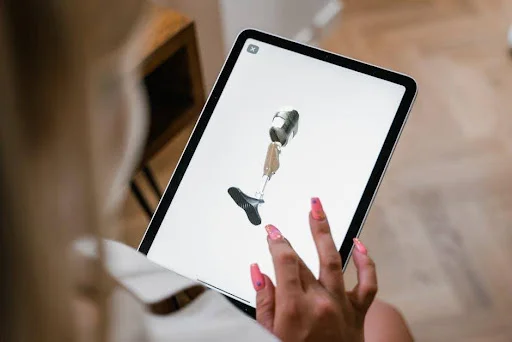Every cycle ushers in a fresh wave of optimism, tempered by the palpable anxiety that accompanies the brink of progress. Healthcare or Healthcare Careers, in its relentless drive forward, refuses to rest. Technology disrupts industries, while demographic shifts reshape demand. The pandemic years shattered expectations, transforming yesterday’s “stable” careers into something very different by 2020. Is anyone surprised? Adaptation isn’t optional now; it’s survival. Look one way, and data floods every inch of the industry. Look at another, and roles are transforming overnight. One certainty stands out: ten years will redraw the map—with new jobs, evolving expectations, and challenges no textbook ever dreamed up.
Don’t miss this next story—it’s packed with helpful info!
Unprecedented Demand for Talent
Numbers are unbending. People are aging fast, and chronic diseases are spreading. Physician recruiters must compete for talent in existing and emerging specialties due to severe shortages. Competition has spread beyond local hospitals to abroad or virtual clinics three time zones distant. Skilled nurses? In high demand everywhere at once. Allied health professionals? Ditto—add telehealth techs to the mix while at it. Recession or not, this chase for healthcare talent won’t take a break soon. What does all this mean? Massive opportunities for those ready to move quickly.
Technology Changes Every Role
Forget waiting rooms filled with paper charts and endless forms; those memories fade fast in an era obsessed with speed and accuracy. Artificial intelligence scans patient records, identifying patterns that humans miss entirely, even diagnosing conditions before doctors have finished their coffee. Wearables beam real-time data directly to clinics, bypassing language barriers and commute times alike. It’s not about robots replacing people—it’s smarter people wielding powerful tools that never blink or get tired. Those who can work alongside algorithms will find more doors open than ever in medical history.
New Careers Emerge Overnight
Yesterday’s must-have credentials may earn only polite nods by 2034 if trends hold true. Virtual care coordinators emerge almost as quickly as remote monitoring platforms expand their reach beyond city limits, and even state lines blur when specialists consult online across borders nearly instantly now. Data privacy officers become essential watchdogs, rather than behind-the-scenes extras, thanks to the mountains of sensitive patient information changing hands at digital speed every day. Medical interpreters shift focus as software bridges some communication gaps, but profound understanding still matters most in critical moments.
A Greater Emphasis on Human Skills
Cold machines process numbers effectively, but empathy remains a human trait and is unlikely to be automated. Regardless of the smartwatch technology, they want a doctor who listens, acts quickly, and explains everything clearly. Success increasingly depends on teams combining technical and emotional skills, rather than relying on lone geniuses. From clinics to research institutions, the message is clear: be human or fall behind Healthcare Careers.
Conclusion
Change rarely waits for permission in healthcare or Healthcare Careers; transformation barrels forward whether tradition likes it or not. While new technology promises increased efficiency, it also presents unexpected challenges for training programs worldwide. As the industry progresses into unexplored territories over the next decade or so, flexibility will become the most valued skill set. This is a stark reminder for those who mistakenly believe that outdated methods will protect them from disruption for a long time. They must learn quickly to avoid falling behind competitors who have already seized tomorrow’s possibilities.
If you enjoyed this post, you’ll love what’s featured on 2A Magazine.







